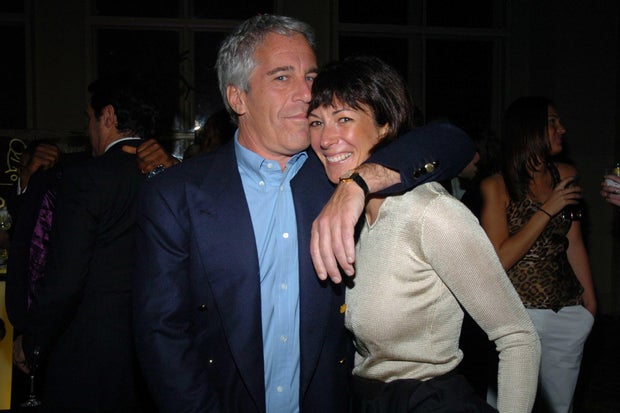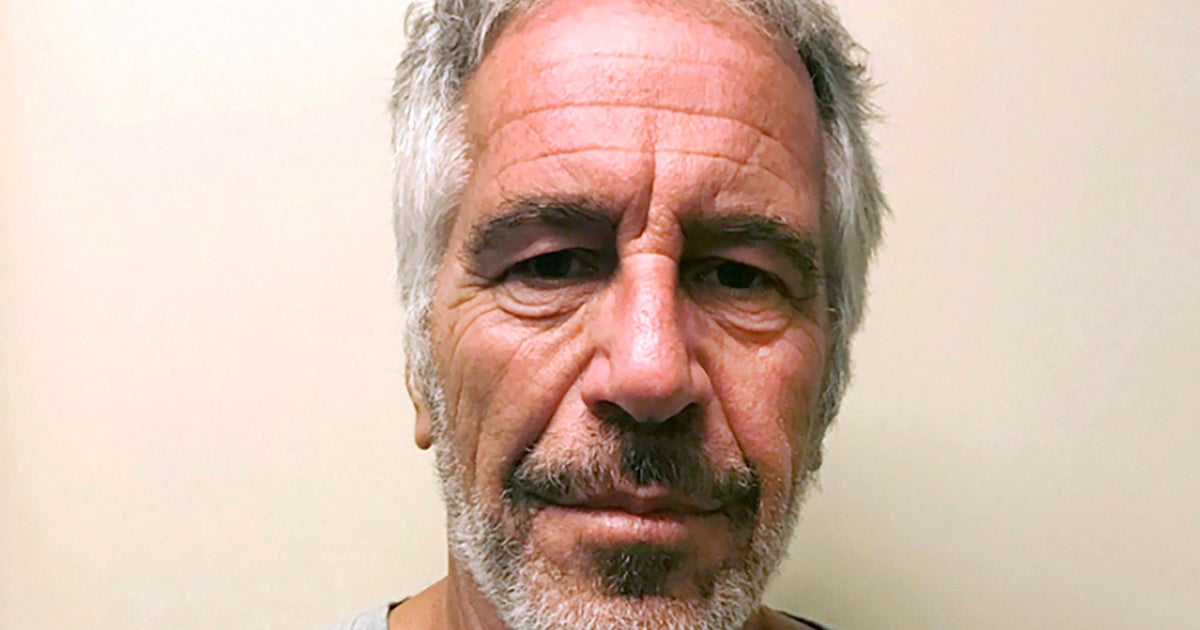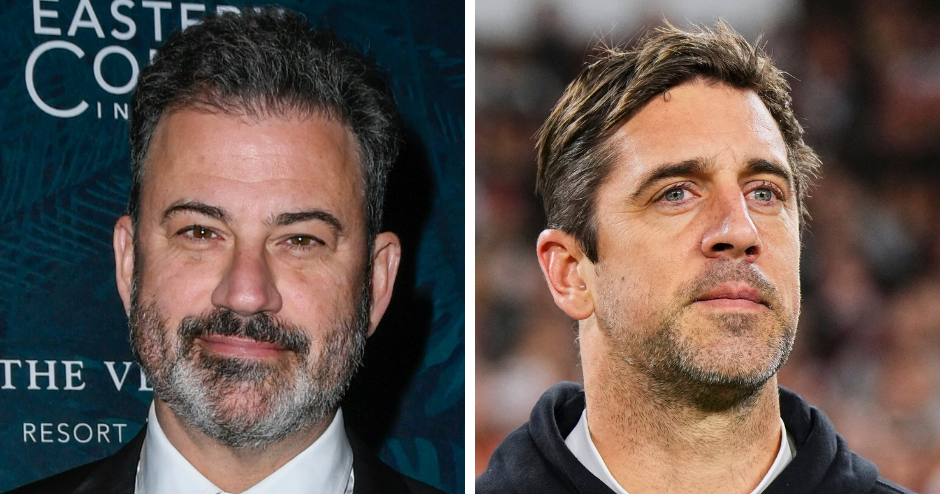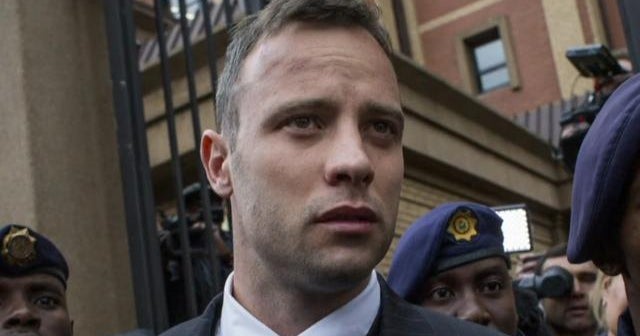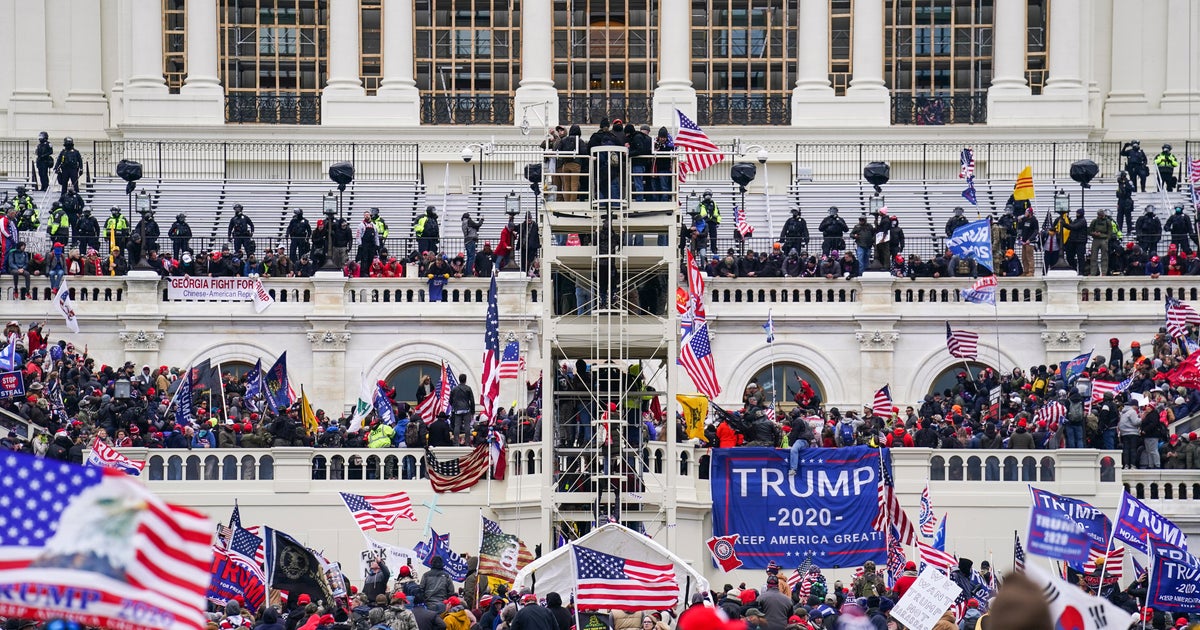Third batch of Epstein documents unsealed in ongoing release of court filings
A third round of documents related to convicted sex offender Jeffrey Epstein was made public Friday, adding to a trove of information related to Epstein and British socialite Ghislaine Maxwell. The documents reveal more names and details about people connected to Epstein in a variety of ways, most of whom have not been accused of any wrongdoing.
The documents — 155 exhibits totaling 2,644 pages all together — stem from a now-settled defamation lawsuit brought against Maxwell by Epstein victim Virginia Giuffre. Maxwell, 60, a former romantic partner of Epstein's, was found guilty in 2021 of conspiring to sexually abuse underage girls and sentenced to 20 years in federal prison for her role. Giuffre has called Maxwell "the mastermind" behind the sex trafficking ring.
The judge overseeing the lawsuit ordered in December that the documents should be unsealed and made public pending appeals from people whose names appear in them. The hundreds of pages of depositions, incident reports, court filings, emails and other documents include names of witnesses, accusers, members of Epstein's staff, members of law enforcement and others.
What documents are included in this wave of files?
Among the documents released Friday was one that contained the names of witnesses Maxwell's attorneys said likely had information that could dispute some of the allegations from Giuffre.
Other newly released documents include excerpts from witness depositions; a list of phone numbers of vendors and service people with hand-written annotations; several communications between attorneys; a list of search terms used to sift through electronic records as part of the discovery process; about 50 pages of handwritten phone messages from Epstein's message book; and other court records related to discovery and other procedural steps.
Portions of a transcript of Maxwell's videotaped deposition were also released. In the July 22, 2016 deposition, her attorney repeatedly advised her not to answer questions regarding sexual activities that involved herself or Epstein. The opposing attorney repeatedly sparred with Maxwell's attorney over whether Maxwell could answer questions related to Epstein's massages.
Giuffre's attorneys then filed motions to compel Maxwell to answer deposition questions related to adult sexual activities. The motion was granted.
What did previous batches of unsealed Epstein documents reveal?
Earlier sets of documents were unsealed Wednesday and Thursday, comprising hundreds of pages and mentioning more than 100 names. Despite widespread and sometimes heated speculation about whose names might appear, the highly anticipated documents largely pertained to previously known accusations — in some cases providing greater detail than previously known, including transcripts of video depositions and police incident reports — and legal strategy for the defamation case between Maxwell and Giuffre.
Many have referred to the documents as a list, but only one document released earlier this week contained a list of names. While that list does include some high-profile names — such as former President Bill Clinton and Britain's Prince Andrew, both of whom have denied all wrongdoing in the case — the list is of people Giuffre's attorneys considered deposing in the lawsuit and is not an accusation of wrongdoing.
What did Jeffrey Epstein reportedly do?
The case of the billionaire financier who was also convicted on sex crimes charges related to the abuse of underage girls has been the subject of much speculation and many conspiracy theories. Epstein's friendships and connections with wealthy and powerful people, some of whom are mentioned in the documents in a variety of contexts, have drawn particular scrutiny, especially in the wake of his 2019 suicide in jail while awaiting trial in New York on federal charges of sex trafficking conspiracy and a count of sex trafficking.
As part of a 2008 plea agreement with federal prosecutors in Florida, Epstein served 13 months in jail — often allowed out on work release — for state-level offenses in return for avoiding prosecution on federal charges for allegations of sexually abusing underage girls. While he had to register as a sex offender and pay settlements to victims, victims were not told about the agreement — leading to an investigation of the circumstances surrounding it, which was in progress when he died.
The documents released this week also detail how authorities believe Epstein recruited the girls he allegedly exploited for sex — euphemistically termed "massages" — uncovered as part of the initial investigation into allegations against him. Among the many accusations leveled at Epstein over the years involve alleged abuse at his homes in Manhattan, Palm Beach, Florida and his private island in the U.S. Virgin Islands near St. Thomas, Little St. James.
This is a developing story. Please check back for updates.
for more features.
